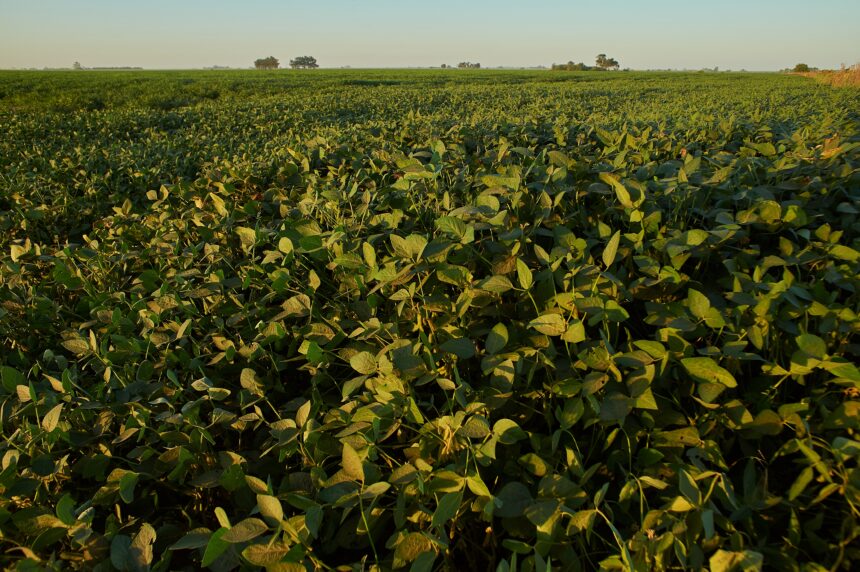Nitrogen is one of the most essential nutrients for plant growth, but it is also one of the most limiting factors in many agricultural soils. For farmers aiming to maintain soil fertility without relying heavily on synthetic fertilizers, green manure crops offer a natural and cost-effective solution. These crops not only improve soil structure and suppress weeds, but they also play a vital role in fixing atmospheric nitrogen and making it available to future crops.
This article explores the best green manure crops for nitrogen fixation, how they work, and how to incorporate them into your farming system for long-term soil health.
What Are Green Manure Crops?
Green manure crops are plants that are grown primarily to be plowed back into the soil rather than harvested. They are usually fast-growing and rich in nutrients, making them ideal for improving soil fertility and organic matter.
Nitrogen-fixing green manure crops are typically legumes that form a symbiotic relationship with nitrogen-fixing bacteria (Rhizobium) in their root nodules. These bacteria convert atmospheric nitrogen into a form that plants can absorb—ammonium or nitrate—enriching the soil naturally.
Benefits of Nitrogen-Fixing Green Manures
- Natural Nitrogen Fertilizer
Green manure legumes can fix up to 100–300 kg of nitrogen per hectare, depending on species and growing conditions. - Improved Soil Structure
The roots of green manure crops improve soil aeration and reduce compaction, making the soil easier to work. - Weed Suppression
Dense canopy growth helps shade out weeds and prevent their germination. - Erosion Control
Ground cover from green manure crops reduces water runoff and soil erosion, especially on sloped fields. - Enhanced Microbial Activity
Incorporating green manures increases organic matter and stimulates beneficial microbial life in the soil.
Best Green Manure Crops for Nitrogen Fixation
1. Cowpea (Vigna unguiculata)
- Thrives in hot, dry conditions
- Fixes significant amounts of nitrogen
- Grows quickly and provides good ground cover
2. Sunn hemp (Crotalaria juncea)
- Fast-growing legume
- Can fix up to 100–120 kg of nitrogen per hectare in 60 days
- Suppresses nematodes and other soil pests
3. Mucuna (Velvet bean)
- Grows vigorously in tropical and subtropical regions
- Fixes high levels of nitrogen
- Suppresses weeds and improves organic matter
4. Alfalfa (Medicago sativa)
- Perennial legume with deep roots
- Suitable for temperate zones
- Fixes nitrogen and improves subsoil structure
5. Hairy vetch (Vicia villosa)
- Ideal for cool-season cover
- Excellent nitrogen fixer
- Combines well with cereal crops like rye for winter cover
6. Clover (e.g., red clover, white clover)
- Effective in cool climates
- Fixes moderate to high nitrogen
- Ideal for intercropping or under-sowing with cereals
How to Use Green Manure Crops Effectively
1. Select the Right Crop for Your Region
Choose species that are well-suited to your climate, soil type, and growing season.
2. Time the Planting Correctly
- Green manures can be planted during fallow periods or between main crop seasons.
- For short-term improvement, plant fast-growing varieties like sunn hemp or cowpea.
3. Inoculate with Rhizobium Bacteria
- Use the correct strain of Rhizobium bacteria when planting legumes to ensure effective nitrogen fixation.
- Inoculants are often available as seed coatings or soil applications.
4. Terminate at the Right Time
- Incorporate the green manure into the soil before flowering for maximum nitrogen benefit.
- Allow a few weeks between incorporation and planting the next crop to let decomposition take place.
5. Combine with Crop Rotation
- Rotate green manure crops with heavy feeders like maize or vegetables.
- Helps balance nutrient cycling and reduces pest and disease buildup.
Potential Challenges
- Water use: Some green manure crops consume water that might otherwise be used by cash crops, so timing and rainfall must be considered.
- Labor and land: Dedicating land to green manure crops may reduce short-term income but provides long-term benefits.
- Proper decomposition: Incomplete incorporation can lead to nitrogen tie-up or pest issues.
Green manure crops for nitrogen fixation are a powerful tool for farmers looking to enrich soil health naturally. By incorporating legumes like cowpea, sunn hemp, or clover into your rotation, you can build nitrogen levels, reduce reliance on chemical fertilizers, and improve overall farm sustainability. With thoughtful planning and timing, green manures can help unlock the full potential of your soil—season after season.







